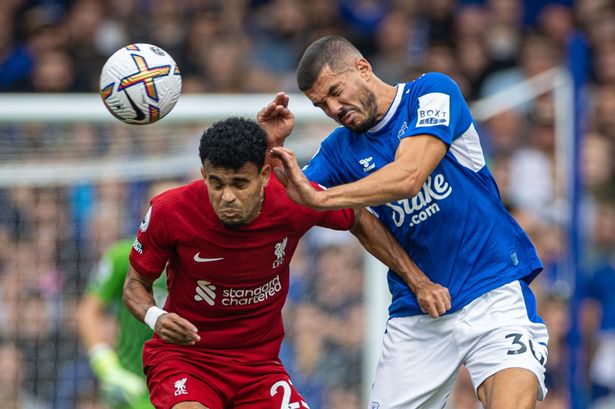A brief session of football heading has an immediate impact on brain function and the way the brain communicates with muscles, according to new research.
The study found that after heading real footballs in succession, participants were unable to improve on a cognitive task, even with practice.
A control group who headed footballs in virtual reality (VR), did see an improvement.
impact of repetitive heading has been closely examined in recent years, following a 2019 study that found footballers were three and a half times more likely to die from neurodegenerative diseases than age-matched members of the population.
Data also suggests a goalkeeper’s risk was no greater than that of the general population, but an outfield player’s risk was four times greater, increasing to five times more among defenders, where head injuries and heading the ball are most prevalent.
Dr Johnny Parr, Lecturer in Sport Psychology at the Manchester Metropolitan University Institute of Sport, said: “Our findings show that heading a football clearly induces some immediate changes to brain function, and how our brain and muscles communicate.
“But, at this point, it’s still unclear what this altered activity represents.
“It could be that heading required participants to work harder or invest greater cognitive effort in order to compensate for a deficit in the brain’s ability to process information.
“Or it could be that the altered activity reflects the need to manage the concussive symptoms that people experience as a result of the heading protocol.
“It’s also possible that some of our findings could be explained by additional physiological changes that we didn’t measure – and this is something we are researching further.
“But what we have done is shown that there is this immediate effect and that must now be explored further.
“More work is needed to determine how long these alterations in brain function last following heading, and whether these short-term impacts can tell us anything meaningful about longer-term brain health and the risk of neurodegenerative disease.”
Scientists from the Manchester Metropolitan University Institute of Sport, who led the study, believe that heading the ball could have impaired the participant’s ability to improve in the performance task.
Those who headed real footballs also displayed a pattern of brain activity that might indicate the brain was working harder to control their movements, in comparison to those who headed virtual balls.







